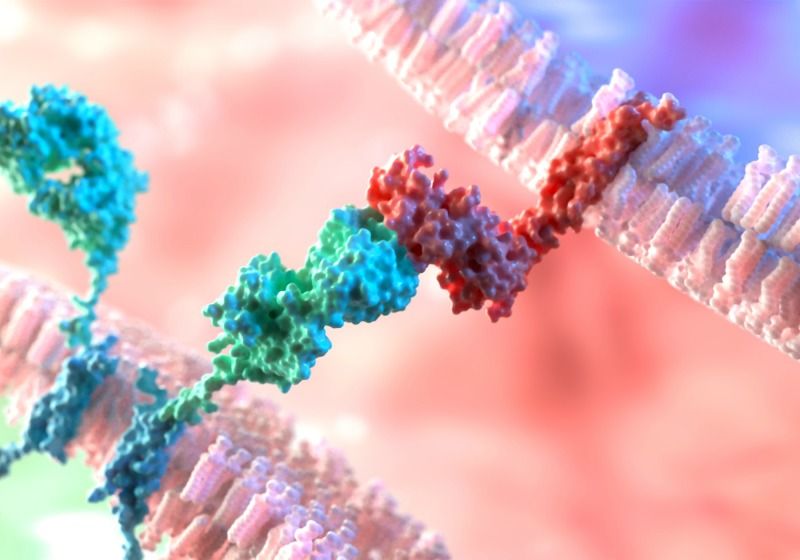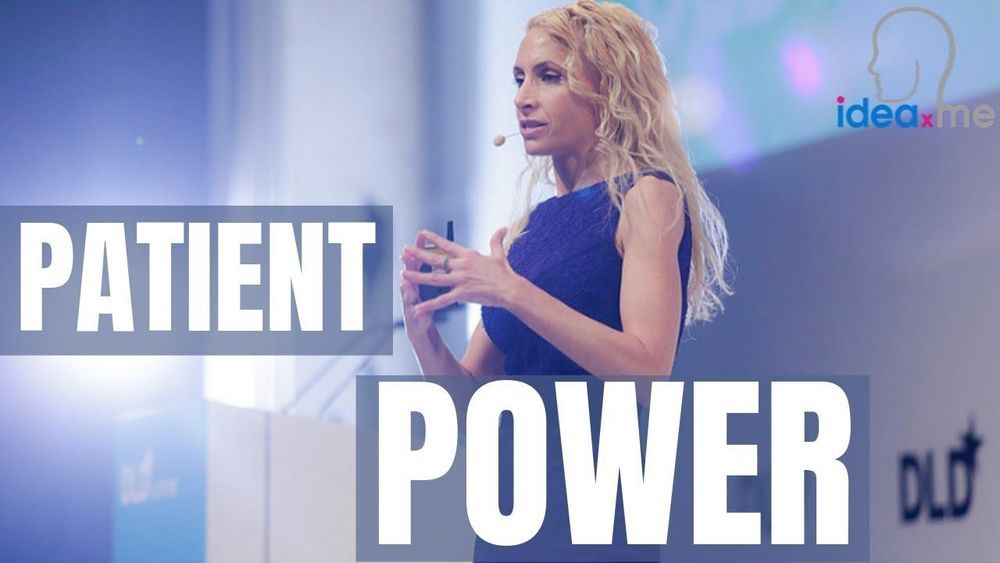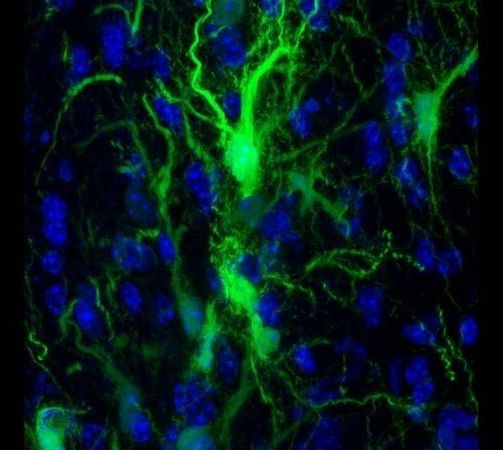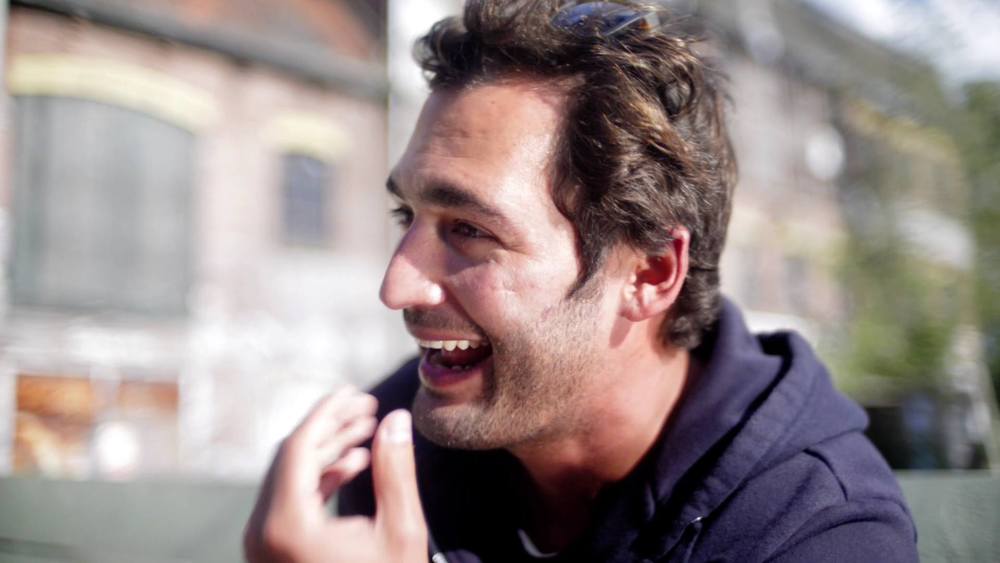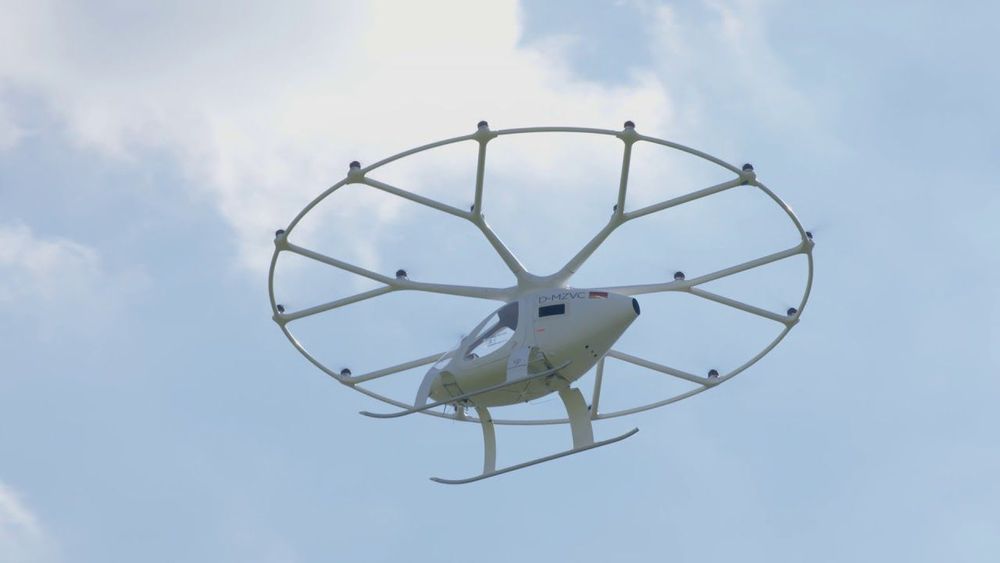Scientists show the approach can kill cells that cause hardening of heart tissue in mice.
Ira Pastor, ideaXme longevity and aging ambassador and Founder of Bioquark, interviews Robin Farmanfarmaian, medical futurist, bestselling author, professional speaker, and CEO and Co-Founder of ArO.
Ira Pastor Comments:
In 2019, we are spending over $7 trillion around the globe on healthcare. $1 trillion goes to pharmaceutical products, $350 billion to medical devices, $200 billion new life sciences R&D, and on and on.
We tend to forget how much consolidation has occurred in these different healthcare segments. The world’s 10 largest pharmaceutical companies control 60% of that trillion dollar market. The top 8 insurance companies in the U.S. control over 50% of all individual patient coverage. In 43 countries, which account for 3/4 the world’s population, patients only have appointment times between 5- 10 minutes with their primary care physicians. As patients, we know what it’s like to feel somewhat separated and insignificant in this system.
A new study of gravitational waves from merging black holes agrees with the predictions of the general theory of relativity.
In experiments in mice, Johns Hopkins Medicine researchers say they have developed a way to successfully transplant certain protective brain cells without the need for lifelong anti-rejection drugs.
A report on the research, published Sept. 16 in the journal Brain, details the new approach, which selectively circumvents the immune response against foreign cells, allowing transplanted cells to survive, thrive and protect brain tissue long after stopping immune-suppressing drugs.
The ability to successfully transplant healthy cells into the brain without the need for conventional anti-rejection drugs could advance the search for therapies that help children born with a rare but devastating class of genetic diseases in which myelin, the protective coating around neurons that helps them send messages, does not form normally. Approximately 1 of every 100,000 children born in the U.S. will have one of these diseases, such as Pelizaeus-Merzbacher disease. This disorder is characterized by infants missing developmental milestones such as sitting and walking, having involuntary muscle spasms, and potentially experiencing partial paralysis of the arms and legs, all caused by a genetic mutation in the genes that form myelin.
LEGO Technic Bugatti One Year On
Posted in futurism
Holy Moments
Posted in futurism
Volocopter, an electric air taxi startup backed by Daimler, had its urban flight debut during a presentation at the Mercedes-Benz Museum in Stuttgart.
We previously reported on Volocopter in 2017 when they received a €25 million ($30 million) investment led by Daimler, Mercedes-Benz’s parent company, and a few other investors.
The startup is developing an all-electric vertical takeoff and landing (eVTOLs) aircraft aimed at creating electric air taxi services in urban areas.
